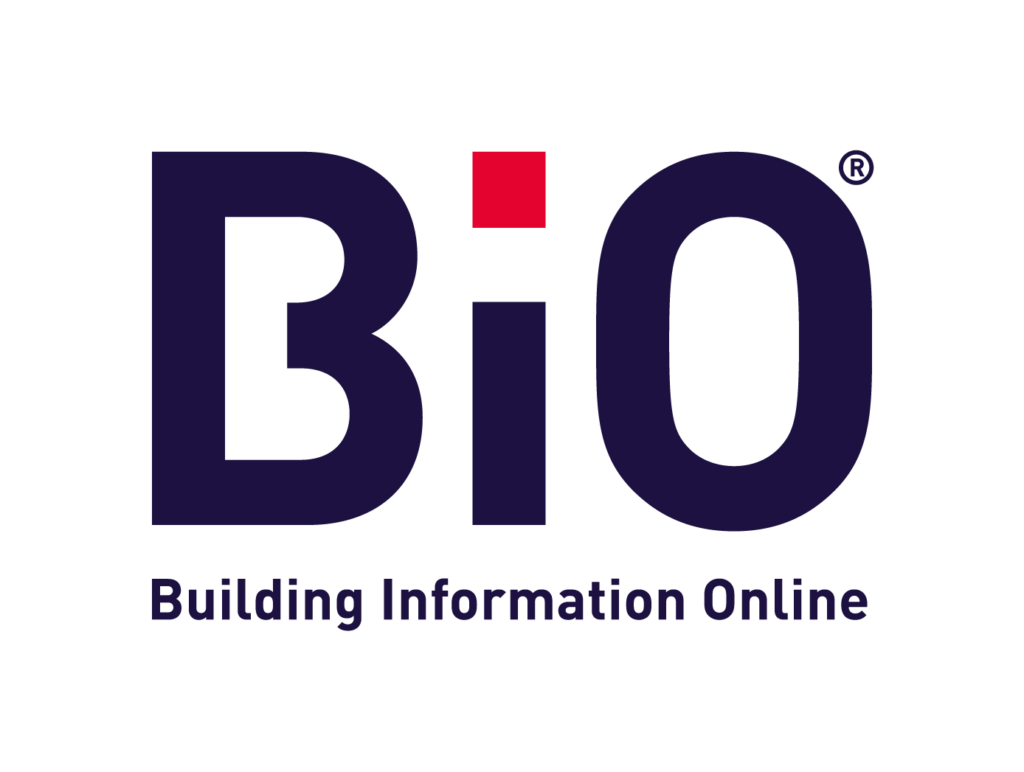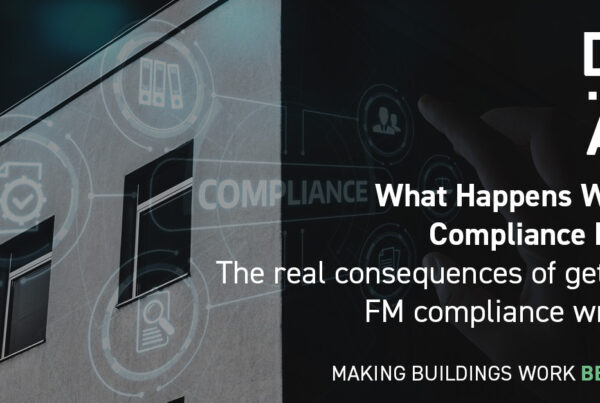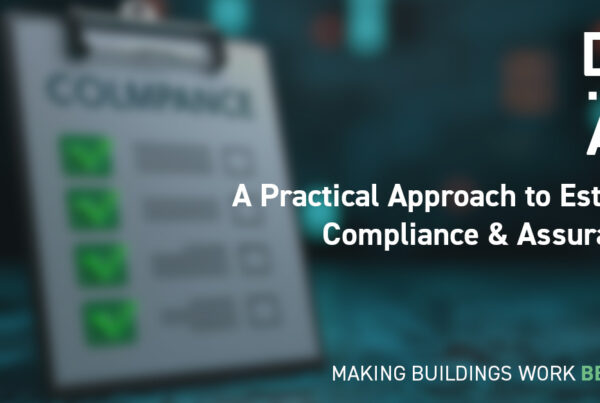
Beyond the Basics: Raising Expectations of What Facilities Management Reporting Should Deliver.
In facilities management (FM), data is everything. The way your provider reports on your estate gives you insight into compliance, asset health, spending patterns, and the effectiveness of the service being delivered. Yet, many organisations receive only high-level, job-led reporting. This leaves leaders without the full picture; the detailed information they need to make informed decisions.
As an industry, FM companies have a responsibility to give customers transparent, detailed reporting that shows how their estate is performing today and how it can be improved tomorrow.
What You Should Expect from Facilities Management Reporting
As a customer, you should expect your provider to provide reporting that is comprehensive, strategic, and aligned with your organisation’s priorities, not just the provider’s internal metrics. When reviewing your FM reports, expect them to:
- Align with your organisation’s goals – KPIs should reflect your business outcomes, whether that’s compliance, cost control, energy efficiency, or user satisfaction.
- Provide actionable insights – not just numbers. Reporting should highlight areas for improvement and propose clear solutions.
- Be easy to digest – with clear dashboards, charts, and visuals to make complex data clear.
- Use technology effectively – strong facilities management reporting should be based on live dashboard information drawn from CAFM or CMMS platforms. This ensures that reports are built on real-time data, making them accurate and current. Customers should also have the option to access the same dashboards outside the reporting cycle for complete visibility.
- Be transparent – including successes and challenges, so you always have the full picture.
- Be tailored to you – reports should be customised to reflect your estate and reporting preferences.
- Evolve with you – reporting should adapt as your priorities and challenges change.
Key Elements of Facilities Management Reporting
To get meaningful value from reporting, you should expect your FM provider to include many of the following elements. This is not an exhaustive list, and not every provider will deliver all of these. The detail will depend on the scope of your contract. These examples highlight the types of insights that strong facilities management reporting can provide:
1. Key Performance Indicators (KPIs)
- Planned vs. reactive maintenance ratio
- Preventive maintenance compliance
- Work order completion time
- Asset downtime
- Energy consumption and cost per square foot
- Occupant satisfaction scores
- Response times to service requests
- Vendor performance metrics
- Jobs raised vs. completed
2. Compliance and Safety Metrics
- Statutory compliance status
- Health & safety incidents
- Fire safety checks and emergency preparedness
3. Financial Overview
- Budget vs. actual spend
- Breakdown by category (labour, inventory, energy, etc.)
- Forecasts for upcoming quarters
4. Operational Insights
- Maintenance backlog
- Asset performance and lifecycle status
- Space utilisation and occupancy trends
5. Customer Feedback and Satisfaction
- Survey results or feedback summaries
- Actions taken based on feedback
The UK Customer Satisfaction Index (UKCSI) rose to 77.3 in July 2025, the highest since January 2023. This means that there is growing expectation for organisations to demonstrate genuine care, respond to personal needs, and resolve issues on the first contact. Including occupant satisfaction scores and feedback summaries in FM reporting helps meet these rising expectations.
6. Strategic Planning Updates
- Progress against long-term goals
- Adjustments to meet evolving needs
The latest RICS H2 2024 FM Survey shows a clear rise in demand for strategic planning, project management, and lifecycle reporting. FM customers should expect reports that support long-term decision-making, not just reactive updates.
Core Principles of Good Facilities Management Reporting
Beyond KPIs and financials, there are certain principles that make reporting genuinely valuable. Strong facilities management reporting should include:
1. Asset-Led vs. Job-Led Reporting
Most reports in the industry are job-led, recording what was done, what’s outstanding, and how fast it was completed. Useful, yes, but it doesn’t tell the whole story. Asset-led reporting, built on a robust asset list, goes further by showing:
- Which assets are compliant, and which aren’t
- Where remedials are outstanding
- Which areas are consuming the most budget
- Where proactive investment could extend asset life
2. Compliance at the Core
Compliance must be front and centre. Strong reports highlight your compliance position at a glance, including completion rates, open remedials, urgent risks, and reactive response times — so issues can’t slip through the cracks.
3. Trend Analysis and Benchmarking
It’s not enough to see what happened last month. Reporting should show quarter-on-quarter and year-on-year performance, making it clear:
- How spend is shifting between planned and reactive work
- Whether KPIs are being met consistently
- How customer satisfaction is trending
4. Financial Transparency
Every organisation needs to know where their money is going. Reports should break down:
- Planned vs. non-planned spend
- Highest-spending sites or categories
- The impact of reactive vs. quoted works
5. Partner and Supply Chain Accountability
FM often involves multiple service providers. A good report holds all partners to account, showing their performance against SLAs and KPIs.
6. Customer Engagement and Continuous Improvement
Finally, reporting should capture customer experience. This might include satisfaction scores, feedback summaries, and how input is being acted on. The best reports don’t just measure activity; they demonstrate a culture of listening and improvement.
Why Good Reporting Matters
Strong facilities management reporting doesn’t just track performance. It creates a shared understanding between customers and providers. It helps organisations manage risk, plan capital investment, improve efficiency, and protect the long-term value of their estate.
By basing structured reports on live dashboard information, customers gain confidence that what they’re seeing reflects the true state of their estate today and not just a retrospective snapshot.
Good reporting builds trust. It gives customers the clarity they need to make informed decisions, and it holds providers accountable to the highest standards of service delivery. Our own structured reporting style is designed to give a consistent, transparent view of performance - from compliance status to financial spend and asset health. We believe reporting shouldn’t just be a retrospective record; it should be a tool for planning ahead, reducing risk, and creating long-term value for our customers’ estates.
Valerie MillerChief Customer Officer, DMA Group
What This Means for You
When it comes to facilities management reporting, you should expect reports that are:
- Comprehensive – covering assets, jobs, spend, and compliance
- Transparent – highlighting risks, issues, and next steps
- Actionable – giving you insights to guide decision-making
- Accountable – showing how providers and partners are performing
- Forward-Looking – providing forecasts and strategies, not just history
Facilities management reporting is not just a tick-box exercise. Done well, it’s a management tool that helps you plan, budget, and protect your estate for the long term.
Ask Yourself: How can I take control of my estate with better FM reporting?
If your current FM reporting doesn’t give you this level of insight, you may be missing out on valuable opportunities to improve compliance, reduce costs, and extend asset life.
When you work with us, you can expect structured, dashboard-driven reports that give you a clear and accurate picture of your estate.




